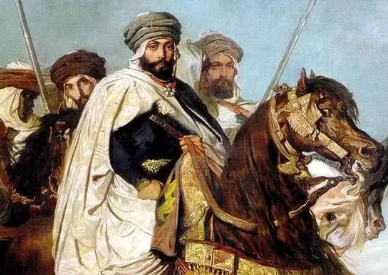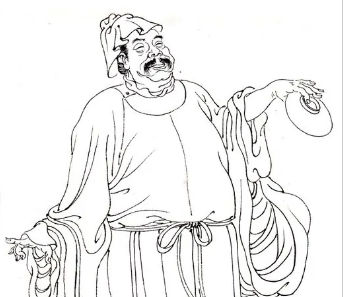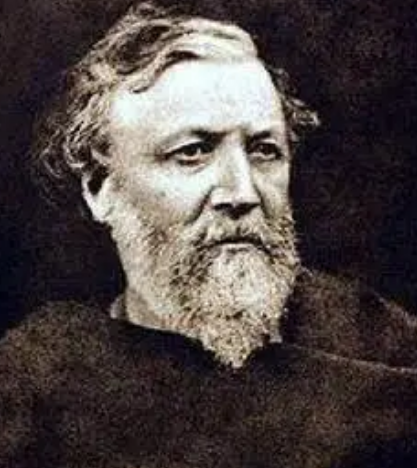The Arab Empire, once a glorious empire, occupied an important chapter in world history. Its founder was a prophet named Muhammad. Under his leadership, the Arabs rose from the desert and established a powerful empire spanning Asia, Europe, and Africa. This article will detail the establishment of the Arab Empire and its founders.

I. Revelation of Muhammad
In 610 AD, Muhammad, a resident of Mecca on the Arabian Peninsula, received revelations from Allah (the only deity in Islam) in a cave. These revelations were later recorded in the Quran, becoming the scripture of Islam. Muhammad began to spread Islam, attracting more and more believers.
II. Establishment of the Islamic State
During his missionary work, Muhammad gradually established a political entity centered on Islam. In 622 AD, Muhammad and his followers migrated from Mecca to Medina, an event known as the "Hijra." In Medina, Muhammad established the first Islamic state, the Muslim community. The establishment of this state marked the beginning of the Islamic era.
III. Expansion of the Arab Empire
After the death of Muhammad, his successors continued to expand the territory of the Islamic state. In 632 AD, the Arab army captured the capital of the Sassanid Empire, Ctesiphon, ending the history of the Persian Empire. Subsequently, the Arab army continued to attack westward, conquering the entire North Africa and the Iberian Peninsula. In the mid-7th century, the Arab Empire invaded India and occupied the Indus River Valley. By this time, the Arab Empire spanned Asia, Europe, and Africa, becoming one of the most powerful empires in the world.
IV. Prosperity of the Arab Empire
Under the rule of the Arab Empire, cultural exchanges became increasingly close, and remarkable achievements were made in science, art, philosophy, and other fields. Arab scholars translated a large number of works from ancient Greece, Rome, and India, leaving a rich cultural heritage for future generations. Additionally, the legal system of the Arab Empire had a profound impact on later generations.
In conclusion, the founder of the Arab Empire was the prophet Muhammad and his successors. Under their leadership, the Arabs rose from the desert and established a glorious empire. Although the Arab Empire has vanished, its status and influence in history still cannot be ignored.
Disclaimer: The above content is sourced from the internet and the copyright belongs to the original author. If there is any infringement of your original copyright, please inform us and we will delete the relevant content as soon as possible.
































